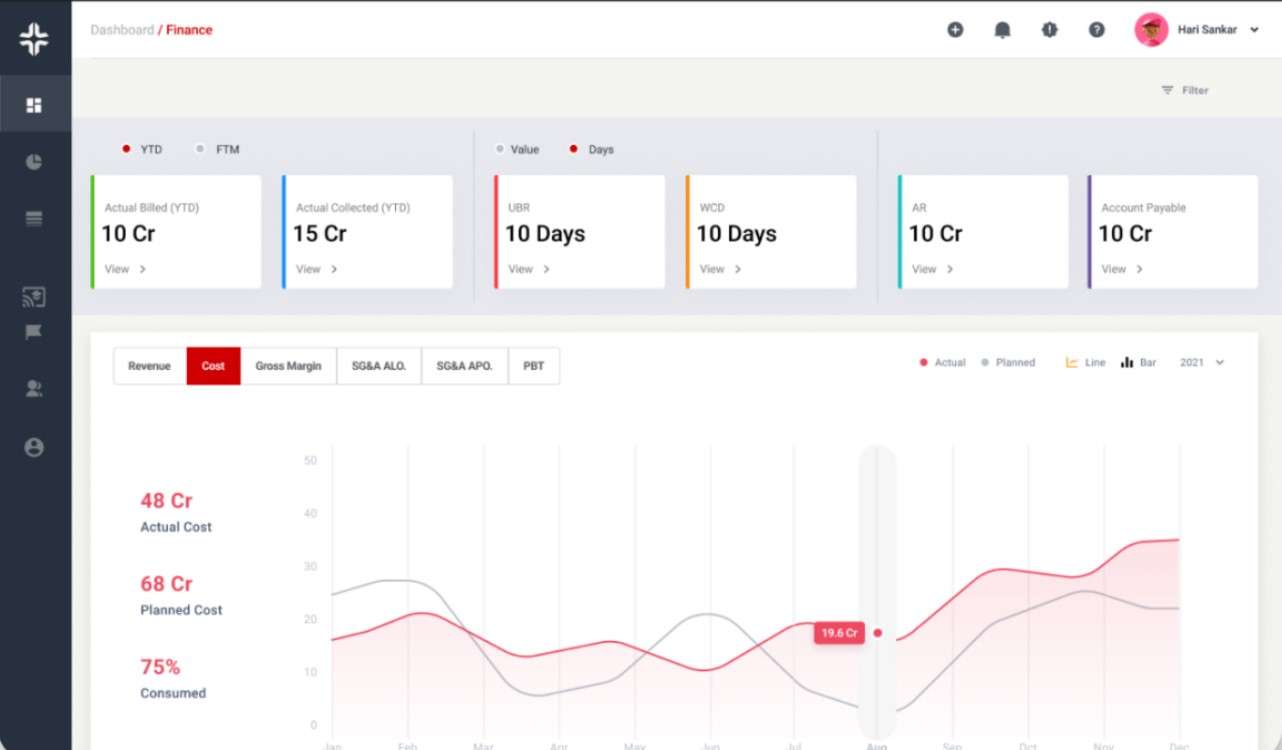Home » PSApedia
Operating profit
Explore the Significance of Operating Profit. Optimize Financial Health and Maximize Growth Potential.

What is Operating Profit?
Operating profit, often referred to as operating income or operating earnings, is a profitability metric that measures the profit a company makes from its core business operations, excluding any income from non-operating activities and other expenses.
It provides a clear picture of how well a company’s primary business activities are performing.
Importance of Operating Profit
Operating profit is crucial for several reasons:
1. Business Health: It indicates the health of a company’s core business operations, excluding external factors like interest and taxes.
2. Investor Confidence: Investors and analysts often use it to gauge the efficiency of a company’s operations.
3. Decision Making: Managers use it to make informed decisions about scaling operations, investing in new projects, or identifying areas of inefficiency.
For businesses, especially those using Professional Service Automation (PSA), understanding operating profit is essential to ensure that the core services are profitable.

Why Operating profit is so important?
Calculating Operating Profit
Formula:
Operating Profit = Gross Profit − Operating Expenses
Where:
Gross Profit = Revenue – Cost of Goods Sold (COGS)
Operating Expenses = Sum of all business expenses, excluding interest and taxes.
Example:
Let’s say a company has a revenue of $1,000,000, COGS of $400,000, and operating expenses of $200,000.
Operating Profit = ($1,000,000 – $400,000) – $200,000
Operating Profit = $600,000 – $200,000
Operating Profit = $400,000
Operating Profit vs Other Financial Metrics
Operating Profit vs Gross Profit: While both metrics provide insight into profitability, gross profit only considers COGS, whereas operating profit also deducts operating expenses.
Operating Profit vs Net Profit: Net profit considers all expenses, including taxes and interest, while operating profit focuses solely on core business operations.
Operating Profit vs EBITDA: EBITDA (Earnings Before Interest, Taxes, Depreciation, and Amortization) adds back depreciation and amortization to operating profit. It’s a measure often used in finance to assess a company’s operational performance.
| Financial Metric | Definition | Significance for PSA |
|---|---|---|
| Operating Profit (EBIT) | The difference between operating revenue and operating expenses. It represents the company’s profitability from core operations. | A positive EBIT indicates that the company is generating profit from its professional services, which is a key measure of financial health. |
| Gross Profit Margin | The percentage difference between revenue and the cost of goods sold. It shows the efficiency of service delivery. | A high gross profit margin implies efficient service delivery, which is crucial for PSA firms to maintain profitability. |
| Net Profit Margin | The percentage of net income (profit) relative to total revenue. It reflects overall profitability after accounting for all expenses, including taxes. | PSA companies should strive for a healthy net profit margin to ensure sustainable profitability. |
How Operating Profit is Used in Business?
Operating profit is a versatile metric:
1. Performance Analysis: Companies use it to analyze the performance of their core business activities over time.
2. Budgeting and Forecasting: It aids in preparing budgets and forecasts, essential for resource management.
3. Strategic Planning: Firms can identify areas needing improvement, potentially using tools like Gantt charts for better project management.
Ready to Optimize Your Operating Profit?
KEBS, a leading PSA Software, offers tools that can help businesses optimize their operating profit:
With KEBS finance management software, businesses can track and manage their finances more efficiently. KEBS resource management software ensures that resources are used optimally, reducing unnecessary expenses.
Using KEBS project management software, firms can streamline their projects, ensuring they’re completed on time and within budget. KEBS deal management software can help businesses improve their sales processes, potentially increasing revenue.

KEBS Finance Management
For businesses looking to further optimize their operations and improve their operating profit, considering a demo of KEBS might be a step in the right direction. If you have any questions or need further assistance, don’t hesitate to contact us.



